The Best Blogging Platforms: Which One Should You Choose?
In today’s digital landscape, blogging remains one of the most powerful tools for sharing ideas, building a brand, and reaching a global audience. Whether you’re starting a personal blog, launching a professional site, or creating content to enhance your business, choosing the right blogging platform is crucial. With so many options available, how do you decide which one is best for your needs? In this blog, we’ll explore the top blogging platforms, their features, and who they’re best suited for to help you make an informed decision.
1. WordPress.org: The Powerhouse for Customization
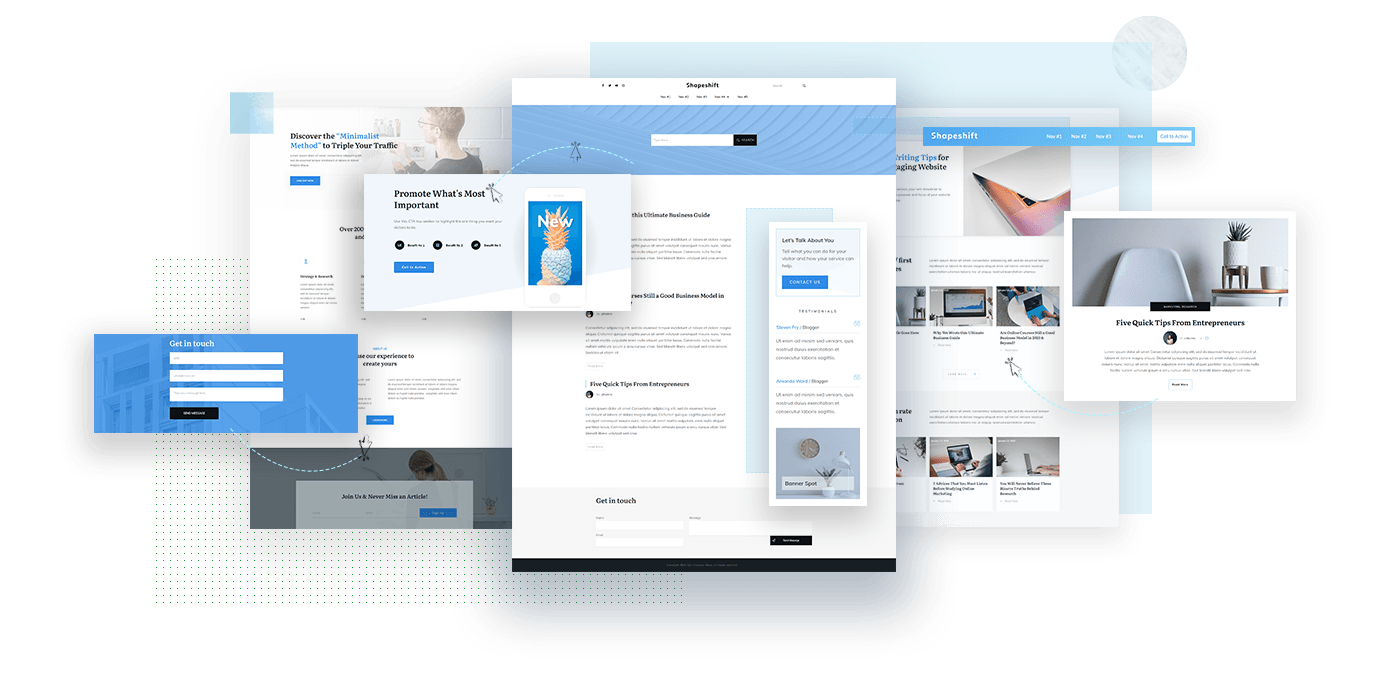
If you’re looking for complete control and endless customization, WordPress.org is a standout option. Known as the self-hosted version of WordPress, it offers thousands of themes and plugins, enabling you to create a blog tailored to your vision.
Pros:
- Full ownership of your content.
- Customizable with plugins and themes.
- Scalable for blogs of any size.
Cons:
- Requires hosting and domain costs.
- Steeper learning curve for beginners.
Learn more about how to start a WordPress blog.
2. Blogger: Simple and Beginner-Friendly
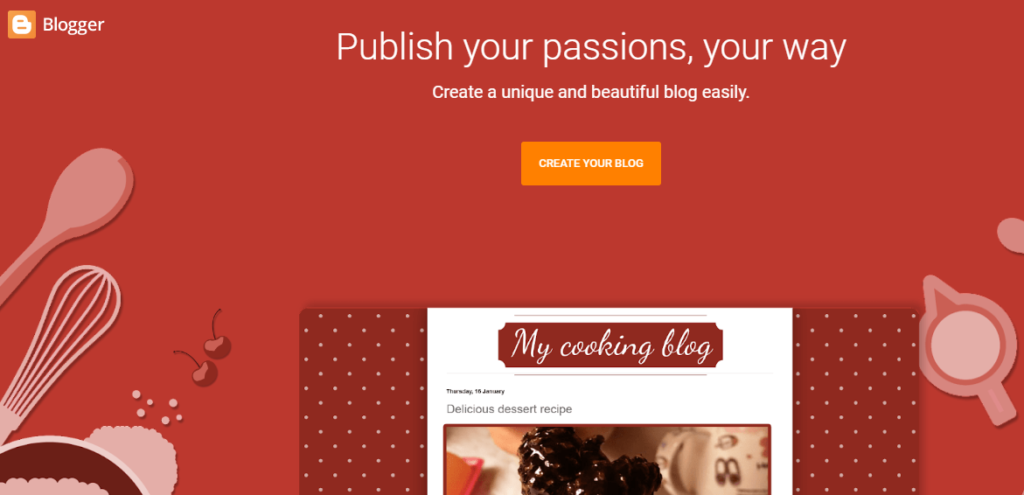
For those who want a no-fuss blogging experience, Blogger is a great option. Powered by Google, it’s free and straightforward, making it ideal for hobby bloggers or first-timers.
Pros:
- Completely free to use.
- Integrated with Google services like AdSense.
Cons:
- Limited customization options.
- Not suitable for scaling a professional blog.
3. Medium: Perfect for Writers and Thought Leaders
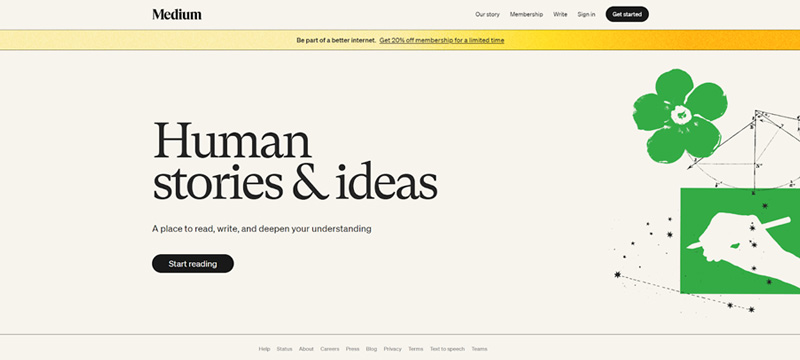
If your focus is purely on writing and reaching an audience, Medium provides an excellent platform. It’s designed for storytelling and thought leadership, offering a built-in audience and a sleek user interface.
Pros:
- No setup required.
- Built-in reader base and community.
Cons:
- Limited branding opportunities.
- You don’t own the content entirely.
4. Squarespace: Stunning Designs Made Easy
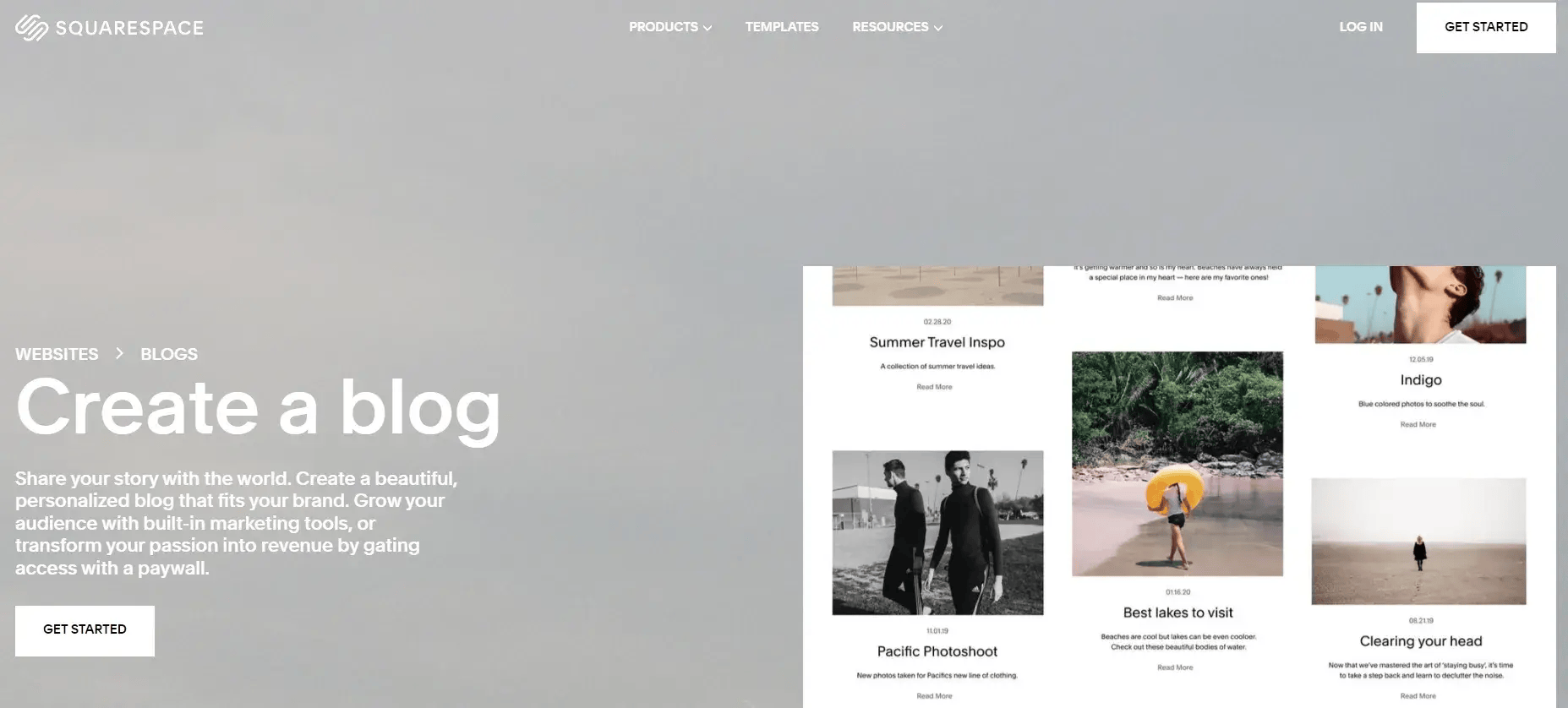
For bloggers who value aesthetics, Squarespace offers beautiful, professional-grade templates. It’s ideal for creative professionals like photographers, artists, and designers who want a visually appealing blog.
Pros:
- Drag-and-drop interface for easy design.
- Includes hosting and domain options.
Cons:
- Higher pricing compared to other platforms.
- Less flexible than WordPress.
5. Wix: Versatile and Beginner-Friendly
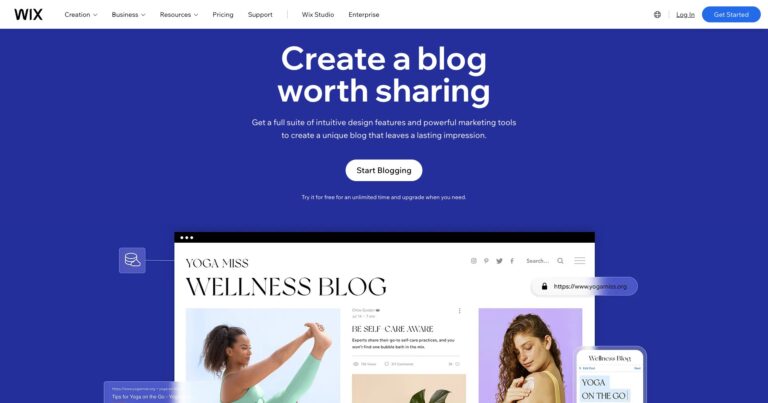
Wix combines user-friendly design with robust functionality, making it a popular choice for bloggers and small business owners. Its drag-and-drop editor allows anyone to create a professional-looking blog without coding knowledge.
Pros:
- User-friendly interface.
- Includes hosting and domain options.
Cons:
- Limited scalability for larger blogs.
- Some features locked behind higher-tier plans.
Conclusion: Which Platform Should You Choose?
Ultimately, the best blogging platform depends on your goals, budget, and technical expertise. For maximum control, WordPress.org is unbeatable. If simplicity is your priority, Blogger or Medium might be your go-to options. And for a visually stunning blog, Squarespace and Wix are great choices.
Before you decide, take time to evaluate your needs and explore these platforms’ features. Remember, the right platform is the foundation of a successful blog. Stay updated with Enabling quality education – Oston Technology

